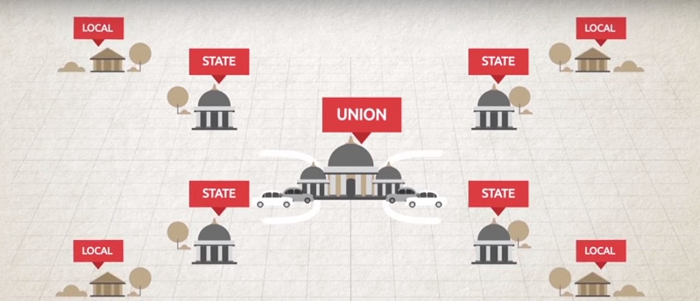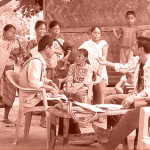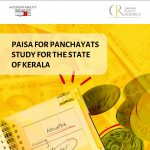
Empowering Grassroots Governance Institutions
21 June 2017
Ever wondered how government initiatives such as the Swachh Bharat Mission are implemented at the village and district levels?
Accountability Initiative’s PAISA Survey tracks the plans, budgets, fund flows, and decision making systems of these schemes.
As a senior official in the Elementary Education Department of Purnia district, Bihar, puts it: ‘The flow of funds through various levels of the government is very similar to the flow of blood from the heart to the various parts of the body. If there is blockage somewhere, it affects the entire body, so in that regard PAISA studies do the work of a physician’.
In late 2016, Accountability Initiative, as part of the PAISA Dialogues, took the results of the survey back to the district-level bureaucracy in 5 key states. These states were Bihar, Himachal Pradesh, Maharashtra, Madhya Pradesh and Rajasthan.
The objective of the PAISA Surveys and PAISA Dialogues have been to help find solutions to pressing challenges faced by ICDS, Sarva Shiksha Abhiyan (SSA) and Swachh Bharat Mission (SBM)
Here are 3 reasons why this process has been so unique:
• The PAISA survey is the country’s largest citizen-led expenditure tracking survey. It is based on rigorous research methods that focus on making the government process in delivering these 3 critical social sector schemes transparent. Many citizen volunteers take part in this effort. Backed by solid research from the PAISA Survey, the PAISA dialogues thus act as a catalyst of change by sparking discussions with the bureaucracy on how implementation of the welfare schemes can be made stronger in their regions.
• Are the schemes reaching the intended beneficiaries: By identifying implementation bottlenecks and the reasons that are contributing to making the schemes weak, the PAISA survey also asks critical questions such as – does the present structure ensure government allocated benefits are reaching the people? If not, what are the challenges and who is accountable to make right?
• Finding solutions, where it counts: Governance has a complex structure in India, and consequently the answers to where the roadblocks lie are not always obvious or simple. By looking at this system and following a bottoms-up approach, the PAISA studies process helps find sustainable solutions.
‘For instance, when we do the PAISA dialogue, we first talk to the teacher, cluster and block officer and then go to the district magistrate or state project director. By doing so, we take suggestions from all of these people to the higher levels of government. That along with our research has a great impact,’ says Dinesh Kumar, a senior PAISA Associate in Bihar.
If there is blockage somewhere, it affects the entire body, so in that regard PAISA studies do the work of a physician.
To know more about the PAISA Dialogues click here. Interested in governance, public policy and decentralisation? Tell us what you think by leaving a comment below!





